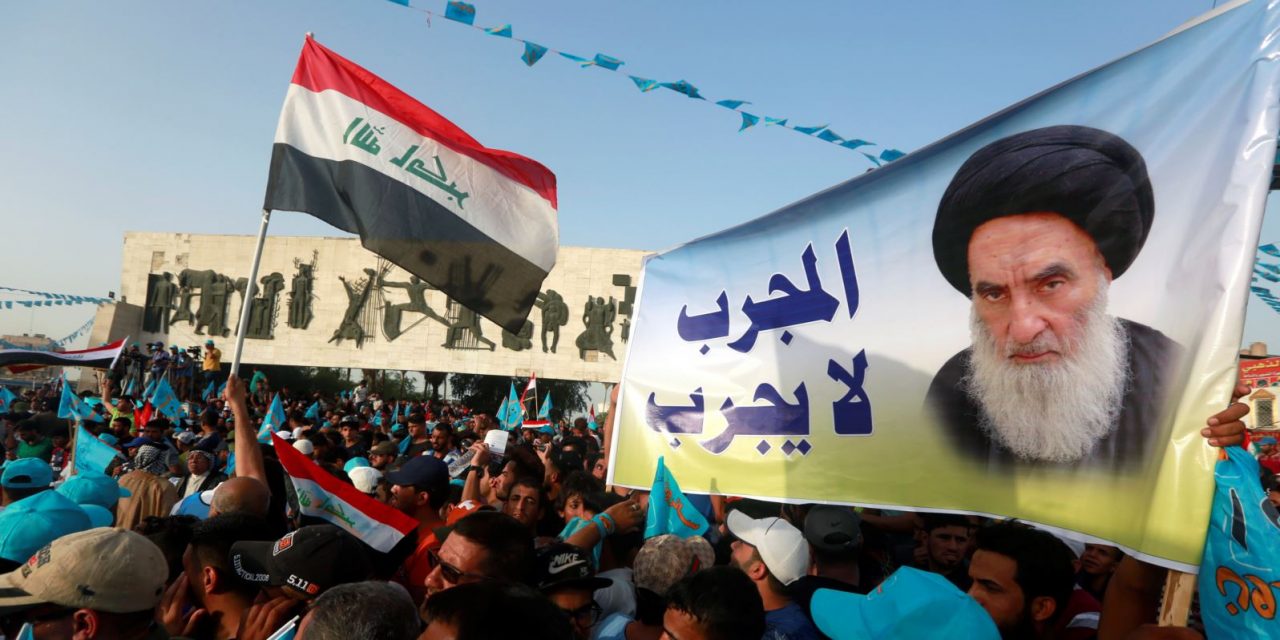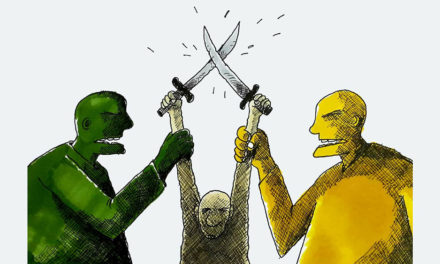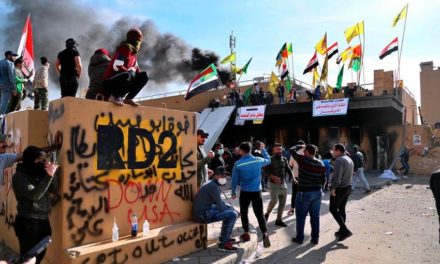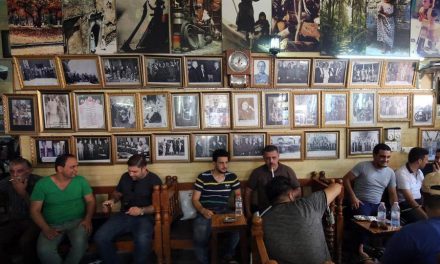(Photo: Alaa al-Marjani/Reuters)
As the first anniversary of the 2019 October Protests approaches, the need for credible leadership has become more apparent. Prime Minister Mustafa Al-Kadhimi’s weak handling of the COVID-19 crisis will likely remind protestors of an underlying grievance beyond their calls for employment. Some protestors expressed a desire to reform the political system from a parliamentary to a presidential system. This was not the first time that Iraqis called for a more direct way to elect the head of government.
Iraq’s last two prime ministers did not run in the elections leading up to their premiership. Prior to that, Prime Minister Haider Al-Abadi was chosen due to political and international pressures, not because of the people’s choosing. Political jockeying for the premiership in 2010 triggered a debate about whether or not Iraqis should choose their leader directly. During that election, Ayad Allawi’s Al-Iraqiya Coalition won 91 seats in comparison to Nouri Al-Maliki’s State of Law Coalition winning 89 seats, though Maliki won over fifty percent more personal votes in Baghdad than Allawi. The path to the premiership has never been a direct one through elections, but this is not unique to Iraq.
In many consolidated democracies, regardless of whether they are presidential or parliamentary systems, the candidate with most votes does not necessarily win. Recent examples include U.S. President Donald Trump who won in the electoral college but lost the popular vote (and was not the first president to do so). The other is Prime Minister Justin Trudeau of Canada whose party won the most seats in the parliamentary elections but also lost the popular vote overall, and not for the first time in Canada’s history. These victories do not take away from the legitimacy of their electoral victories, but it does translate into a loss of public credibility. In 1969, some American congressmen attempted to legislate a constitutional amendment to replace the electoral college with a national popular vote.
As Iraq undergoes its democratic transition, it must grapple with the problem of indirectly elected leaders. This, however, is not a foreign concept to Iraqis who have had leaders imposed on them since the modern inception of the Iraqi state, when the British selected King Faisal I of the Hejaz to be head of state. Although Iraqis voted in a plebiscite, their set of choices were defined by the British, thus challenging the representativeness and credibility of the vote. Following this, Iraq has had a legacy of concentrating power with one man.
This history of strongmen has had a devastating impact on the country, a fact that was not forgotten by the representatives chosen to draft Iraq’s 2005 constitution. The drafters ensured that a system of checks and balances with multiple leadership positions was enacted, as seen in other republican parliamentary systems.
Despite having this system in place, Iraq still suffers from the consequences of decades of war and authoritarianism. Its decayed government institutions as well as its lack of centralized leadership has hindered the state’s ability to rebuild and develop at the pace many anticipated after the fall of Saddam Hussein’s regime. Iraq has witnessed multiple transitions of power, including between political parties and to independent candidates, and has thus maintained its overall trajectory of democratization. However, this has come at the cost of competent governance to the frustration of many of its citizens. This has also been one of the leading factors pushing Iraqi youth towards authoritarian nostalgia, not realizing poor governance and corruption originated from the Ba’ath era.
Because of the rising tide of authoritarian nostalgia, the desire for credible leadership should not be brushed aside or ignored. Doing so would almost certainly lead to the continuation of nationwide protests. Iraqi leaders must guide the country through solving the legacy problems it has inherited, some of which date all the way back to the 1950s. For example, Iraq’s often-cited bloated public sector is a relic of socialist policies enacted in the 1970s and not a recent development. Rather than fixing this system, it has been exacerbated after 2003.
Despite calls by protestors for a civil state and the separation of religious and state institutions, many continued to look towards Grand Ayatollah Ali Al-Sistani for guidance and approval. Grand Ayatollah Al-Sistani is seen as a credible leader due to the selection mechanisms of the religious establishment, which take into account a cleric’s popularity with his followers. This mechanism is also lacking in the Iraqi political system, where elected Members of Parliament select the Prime Minister and President.
But the direct election of the head of government raises several concerns. First, it can lead to unhealthy centralizing of power, which is particularly undesirable in a federal system. In fact, protecting federalism is a key reason why the United States maintains the electoral college. Secondly, direct voting can increase the incentives for populist rhetoric during election campaigning. The current Iraqi premier, Mustafa Al-Kadhimi, has never run in elections but has nevertheless resorted to symbolic rhetoric, which may evolve into populism, demonstrating how attractive and intuitive a political tool it can be.
In order to avoid the twin pitfalls of populism and authoritarianism, Iraqis should use the opportunity of the anniversary of the October Protests to have a national conversation about the electoral institutions they should invest in to ensure credible political leadership in the future.

Alaa Kadhem
Alaa Kadhem is a lawyer and leadership consultant with experience in the Middle East.










